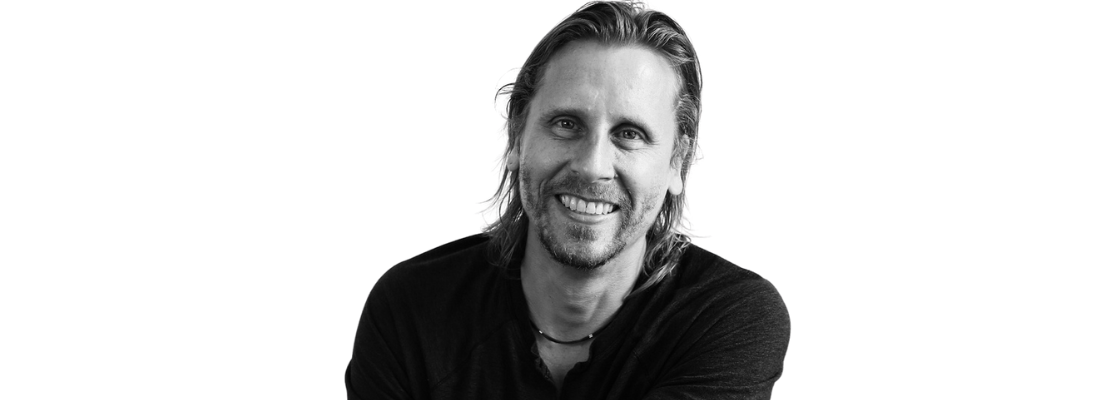Keynote Speeches
One of the most dangerous things one can experience in life is doubt. During evolution, if your ancestors weren’t sure whether that ‘thing over there’ was a predator, well … it was too late for them. Thus, we hate doubt … and that’s usually a good idea (throughout evolutionary history).
We are genetically programmed to do so: Sea-sickness, and indeed most of our mental health problems being direct manifestations of our fear. The deep irony, however, is that nothing interesting begins without it. So taking the risk to step into uncertainty is an essential aspect of adaptation, which we know is at the root of success in all natural systems. What’s more, nature also tells us when it’s best to risk uncertainty. So how to deal with uncertainty is the fundamental problem that your brain evolved to solve. Here we discuss in a highly experiential way how and why everything is uncertain, and nature’s solution to it.
The future is unknown. It always has been and always will be. Whether technological innovation, wars, climate change, voting … or a pandemic, every decision an organisation and leader makes is, in one way or another, directly related to uncertainty.
In nature, the most successful systems do not just adapt, they are adaptable. Indeed, adaptability is the ‘skill’ most sought by leaders and organisations. To adapt requires stepping into uncertainty. Adapting to uncertainty is born out of a way of being … a practice … that one engages in every day at work, at home with one’s children, with one’s partner, friends, with the cashier in the grocery store.
Only by understanding how and why you see what you do can you adapt to and lead others into uncertainty. Becoming perceptually intelligent in conflict enables leaders and their teams and organisations to succeed when others fail.
There is no inherent value in change. Whether change is good or bad is – like everything else in life – context-dependent. Here, using principles in behavioral and perceptual neuroscience, we’ll explore what lives at the heart of change: why it’s often essential for success but equally the most feared of human activities. Indeed, to ask ‘why?’ is historically the most dangerous thing you can do. Hence, organization, businesses, religions and even our education systems are designed to reduce question-asking. And yet all revolutions (and revelations) begin with a joke (“you mean it could be different from this?”).
See how and why questions and metaphor are mediators of change; what makes a good question; and how change – when properly pursued – has no direction or goal. Which means change is personal and – when properly considered – inevitable.
What makes a good leader? When asked this question of a diverse audience, I’ll receive many different possible qualities that are ‘essential’. And yet, there are only three such descriptions that correlate with the success of a company. What are they and why do they matter?
Here we will address these questions from the perspective of behavioral neuroscience, and consider a new answer: the quality of a leader is defined by how he/she leads others into uncertainty.
There is no inherent value in any piece of information! Data is meaningless. Why? This is because the brain deals with meaning and not information since information doesn’t tell you what to do. In fact, THE fundamental challenge that the brain evolved to solve is to take meaningless data and make it meaningful. This is true even at the most basic level of our senses: seeing light. Which is why we never see the world in any direct sense. Instead what we see is the meaning of information grounded in our personal, cultural and evolutionary histories. And it’s the historical meaning of stuff that we literally see, experience and know (not the stuff itself).
Here we’ll explore – and experience – how to see new meaning in data that has always been there, but remains hidden. The result will be an understanding of the principles by which the brain makes the meaningless meaningful.









Similar
Speakers